State funerals: what are they and who gets them in the UK?
The rare and costly public ceremonies are usually held only for heads of state
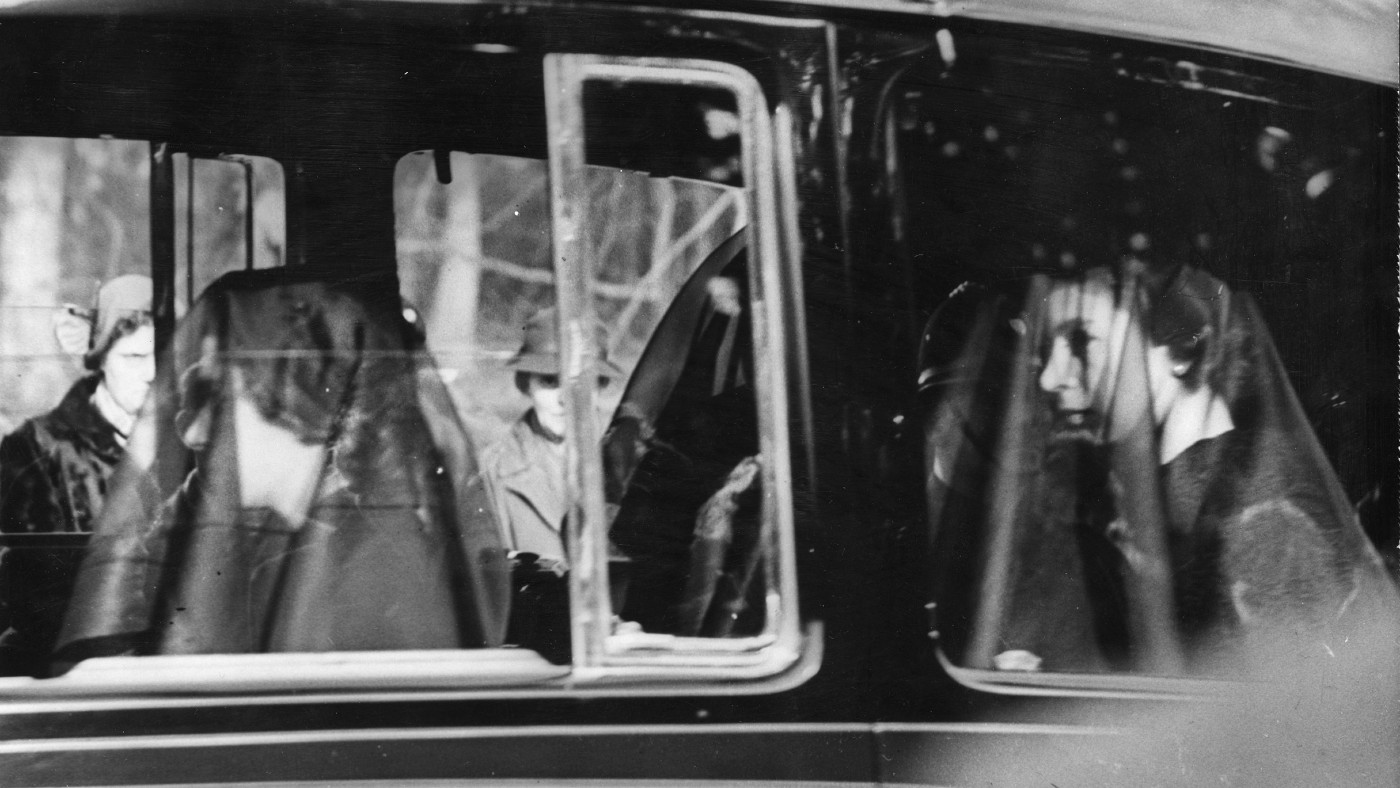
A free daily email with the biggest news stories of the day – and the best features from TheWeek.com
You are now subscribed
Your newsletter sign-up was successful
Leaders from across the world are joining mourners at the Queen’s state funeral today, the first in the UK since 1965.
Around 500 heads of state and foreign dignitaries were expected to attend the late monarch’s funeral in London, marking “one of the biggest gatherings of royalty and politicians hosted in the UK for decades”, said the BBC.
What did the papers say?
The i news site defined a state funeral as “a public funeral ceremony, observing the strict rules of protocol, held to honour people of national significance”. The rare events are usually but not always reserved for the sovereign, and “include much pomp and ceremony as well as religious overtones and distinctive elements of military tradition”, the site added.
The Week
Escape your echo chamber. Get the facts behind the news, plus analysis from multiple perspectives.

Sign up for The Week's Free Newsletters
From our morning news briefing to a weekly Good News Newsletter, get the best of The Week delivered directly to your inbox.
From our morning news briefing to a weekly Good News Newsletter, get the best of The Week delivered directly to your inbox.
State funerals usually begin with the coffin being carried on a gun carriage drawn by Royal Navy sailors, rather than horses, as part of a military procession from a private resting chapel to Westminster Hall in the House of Parliament.
A second procession then usually takes place to the church where the service will be held, either Westminster Abbey or St Paul’s Cathedral. The Queen’s funeral is taking place at the former, where she married Prince Philip, in 1947, and was crowned, in 1953. The late monarch will then be laid to rest alongside Philip at St George’s Chapel at Windsor.
A state funeral also includes a 21-gun salute, flags at half-mast and a national day of mourning.
Who gets a state funeral?
The head of state is always entitled to a state funeral, but with the approval of the monarch and a vote in Parliament, other “exceptionally distinguished” people may also be granted the honour.
A free daily email with the biggest news stories of the day – and the best features from TheWeek.com
The most recent state funeral, in 1965, was for Winston Churchill, and the last one for a sovereign was for the Queen’s father, George VI, in 1952.
King George’s state funeral was preceded by those of George V (1936), Edward VII (1910) and Queen Victoria (1901).
The only British monarch “not to be given a state funeral in the last 295 years was Edward VIII, who abdicated”, said Wales Online.
Non-sovereigns who have been granted the honour include Isaac Newton (1727), Vice Admiral Horatio Nelson (1806) and the Duke of Wellington (1852).
How do they differ from ceremonial funerals?
“To the outsider, there is little difference between a state funeral and a ceremonial one,” said Wales Online. But while “both can include lying in state and a military procession”, there are key differences.
Ceremonial funerals for non-sovereigns do not require the permission of Parliament, and the coffin is drawn by horses rather than sailors during the procession.
The Duke of Edinburgh was given a ceremonial royal funeral, in 2021, as was the Queen Mother (2002) and Diana, Princess of Wales (1997).
Such funerals are generally held for members of the Royal Family who held high military rank, were the consort of the sovereign or were the heir to the throne.
Margaret Thatcher also received a ceremonial funeral with military honours, in 2013.
Who organises state funerals and who pays?
Organising state funerals is the responsibility of the College of Arms, the body that regulates heraldry, and the Earl Marshal.
The position of Earl Marshal “is traditionally held by the highest-ranking duke in England, which is the Duke of Norfolk”, said The Guardian. The current Earl Marshal is the 18th Duke of Norfolk, Edward Fitzalan-Howard, who inherited the role and his dukedom when his father died in 2002.
State funerals are “publicly funded and they cost a lot”, said the London Evening Standard. The exact financial cost of Queen Elizabeth’s funeral proceedings “will not be reported”, the paper continued.
But the bill for the Queen Mother’s funeral was believed to be “around £5.4m”. Royal historian Elizabeth Norton told The Big Issue that the Queen’s funeral would almost certainly cost “a fair bit more” than that.
“It is really difficult to give an estimate for the Queen’s funeral,” said Norton. “No British monarch has died for 70 years and the monarch’s funeral always tends to be on a considerably larger scale than funerals for other members of the Royal Family.”
Although the exact cost of the funeral will remain unknown, experts have estimated that, combined with the financial impact of bank holidays and the coronation of King Charles III next year, the total cost to the UK economy may reach £6bn.
Chas Newkey-Burden has been part of The Week Digital team for more than a decade and a journalist for 25 years, starting out on the irreverent football weekly 90 Minutes, before moving to lifestyle magazines Loaded and Attitude. He was a columnist for The Big Issue and landed a world exclusive with David Beckham that became the weekly magazine’s bestselling issue. He now writes regularly for The Guardian, The Telegraph, The Independent, Metro, FourFourTwo and the i new site. He is also the author of a number of non-fiction books.
-
 Sepsis ‘breakthrough’: the world’s first targeted treatment?
Sepsis ‘breakthrough’: the world’s first targeted treatment?The Explainer New drug could reverse effects of sepsis, rather than trying to treat infection with antibiotics
-
 James Van Der Beek obituary: fresh-faced Dawson’s Creek star
James Van Der Beek obituary: fresh-faced Dawson’s Creek starIn The Spotlight Van Der Beek fronted one of the most successful teen dramas of the 90s – but his Dawson fame proved a double-edged sword
-
 Is Andrew’s arrest the end for the monarchy?
Is Andrew’s arrest the end for the monarchy?Today's Big Question The King has distanced the Royal Family from his disgraced brother but a ‘fit of revolutionary disgust’ could still wipe them out
-
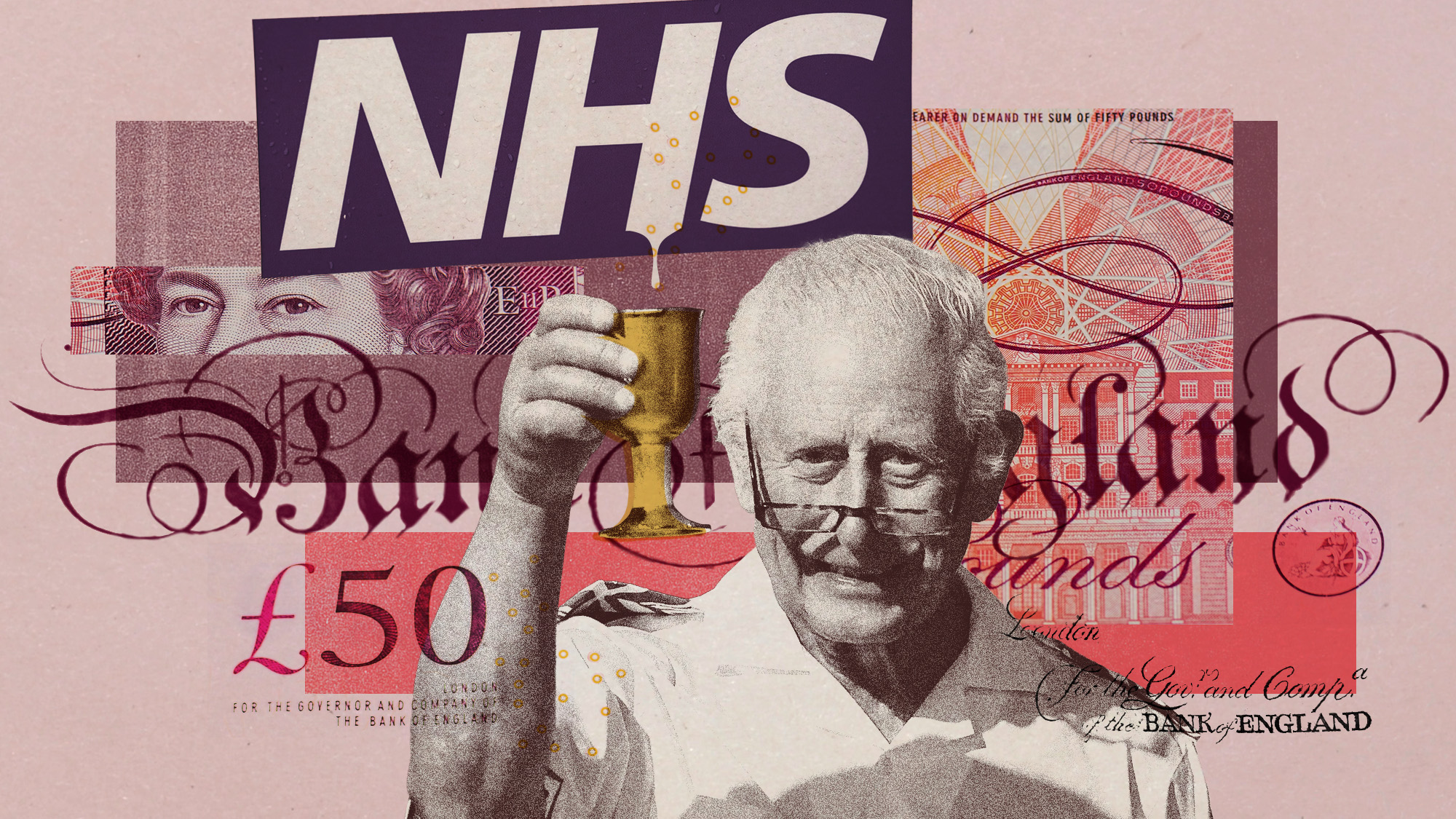 The Duchy Files: how bad is the scandal for King Charles?
The Duchy Files: how bad is the scandal for King Charles?Today's Big Question Making millions in rent from the NHS and armed forces a 'PR disaster' for royal family
-
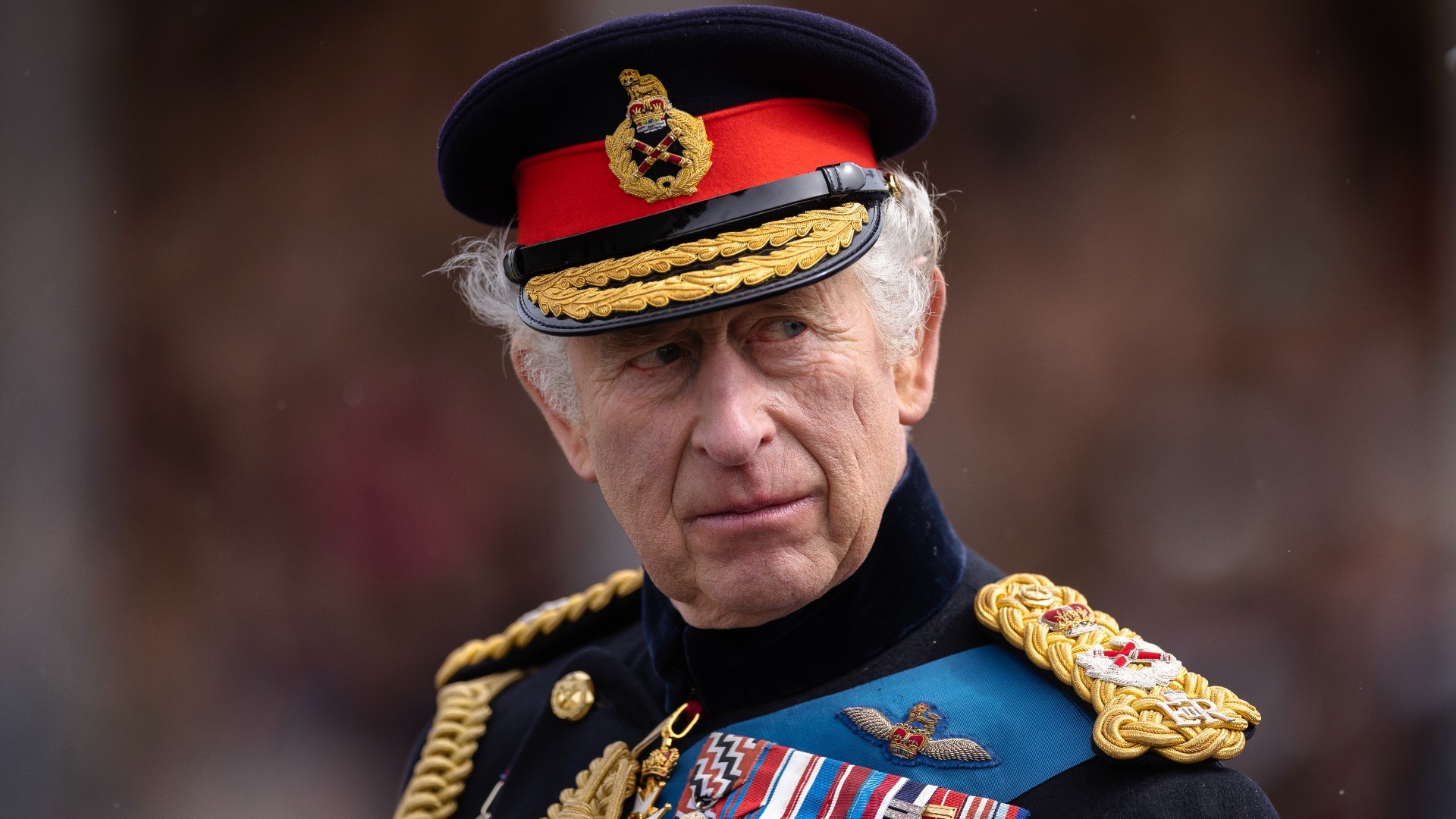 King Charles at 75: how the monarch has made his mark
King Charles at 75: how the monarch has made his markTalking Point 'Modernising monarch' puts change on hold in first year in favour of stability and continuity
-
 Royal family website attacked by Russian hackers
Royal family website attacked by Russian hackersSpeed Read Pro-Kremlin group claim responsibility just two weeks after King Charles condemns invasion of Ukraine
-
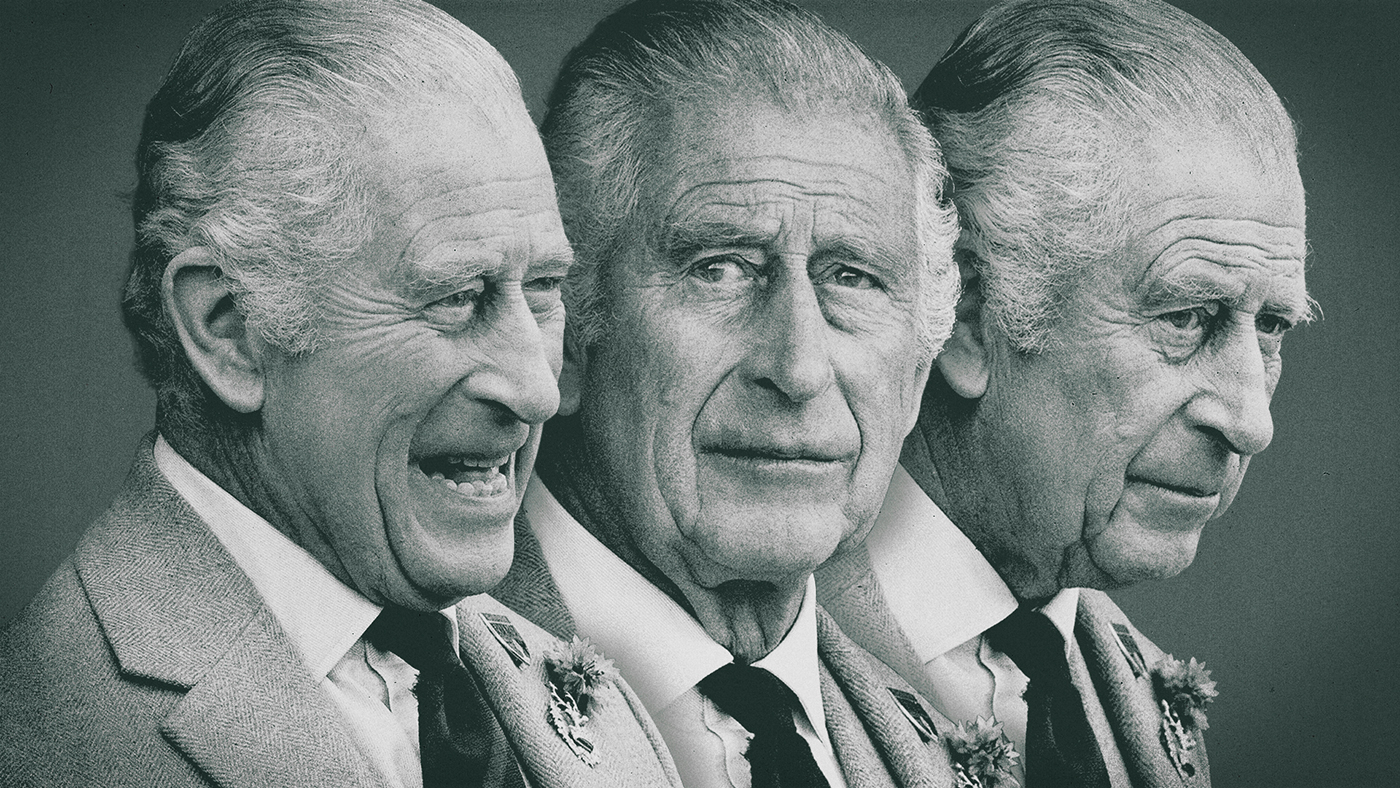 What have we learned in King Charles’s first year?
What have we learned in King Charles’s first year?Today's Big Question The monarch is ‘stamping his personality’ on the role and is definitely not a ‘caretaker’, says Palace source
-
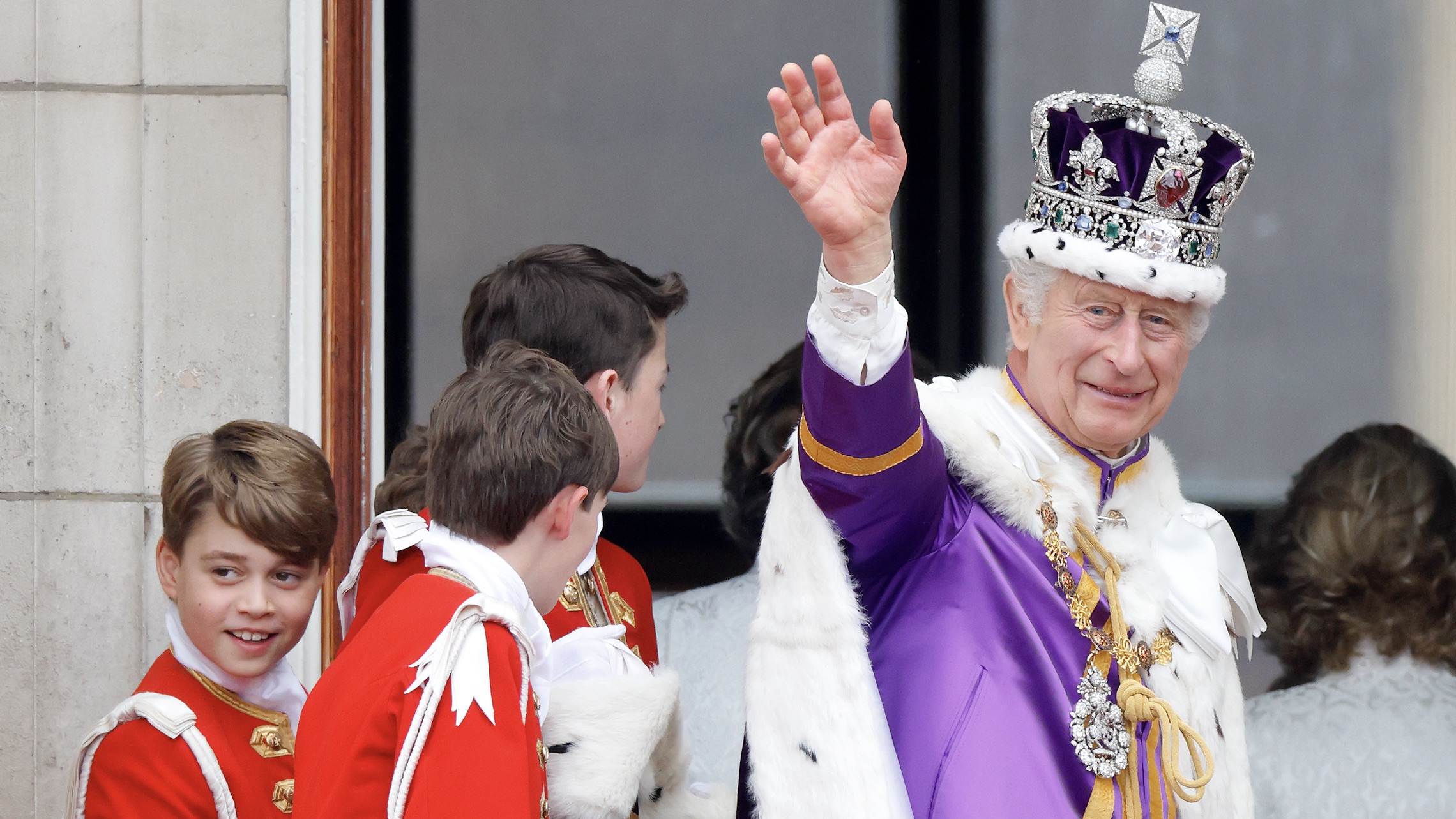 What would the UK be like without a monarchy?
What would the UK be like without a monarchy?Today's Big Question The British public still broadly favours the royals but support is waning among younger people
-
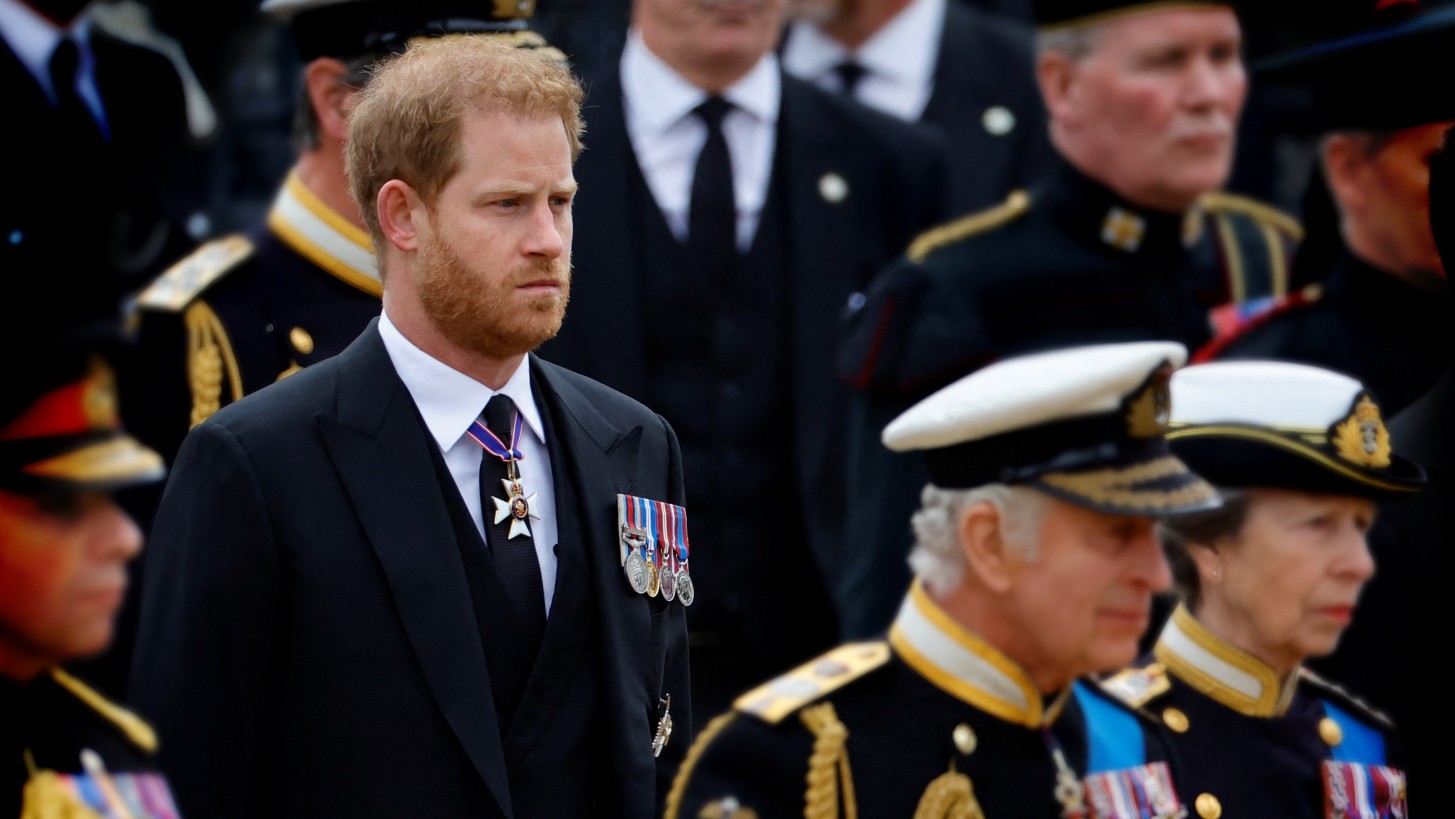 King’s coronation: does Prince Harry’s return signal end of royal rift?
King’s coronation: does Prince Harry’s return signal end of royal rift?Today's Big Question Duke of Sussex will not be accompanied by Meghan Markle when he attends coronation of King Charles III
-
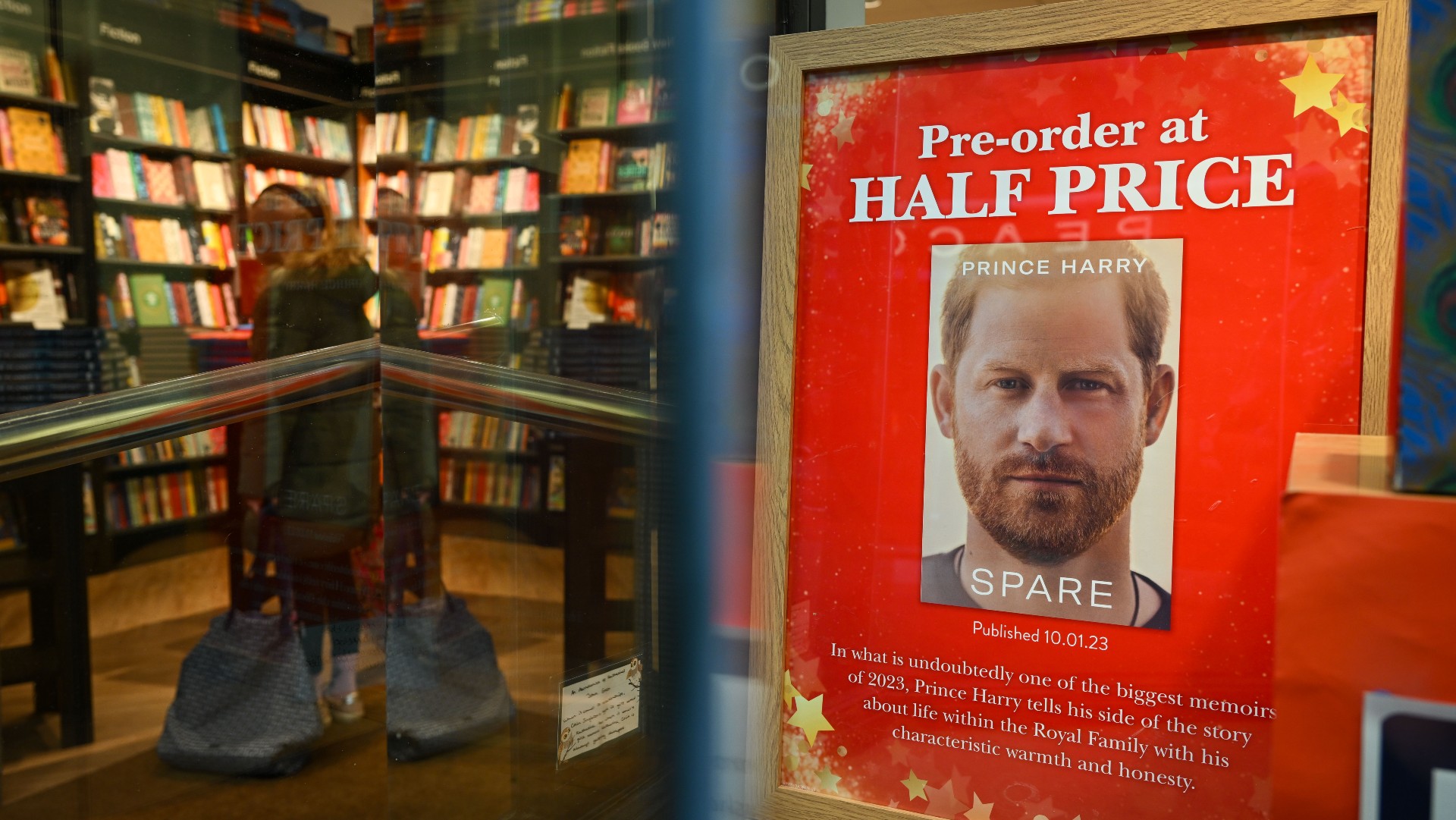 Going Spare: can Prince Harry ever reconcile with the royals?
Going Spare: can Prince Harry ever reconcile with the royals?Today's Big Question Duke of Sussex likens family to ‘abusers’ in bombshell interviews ahead of book release on Tuesday
-
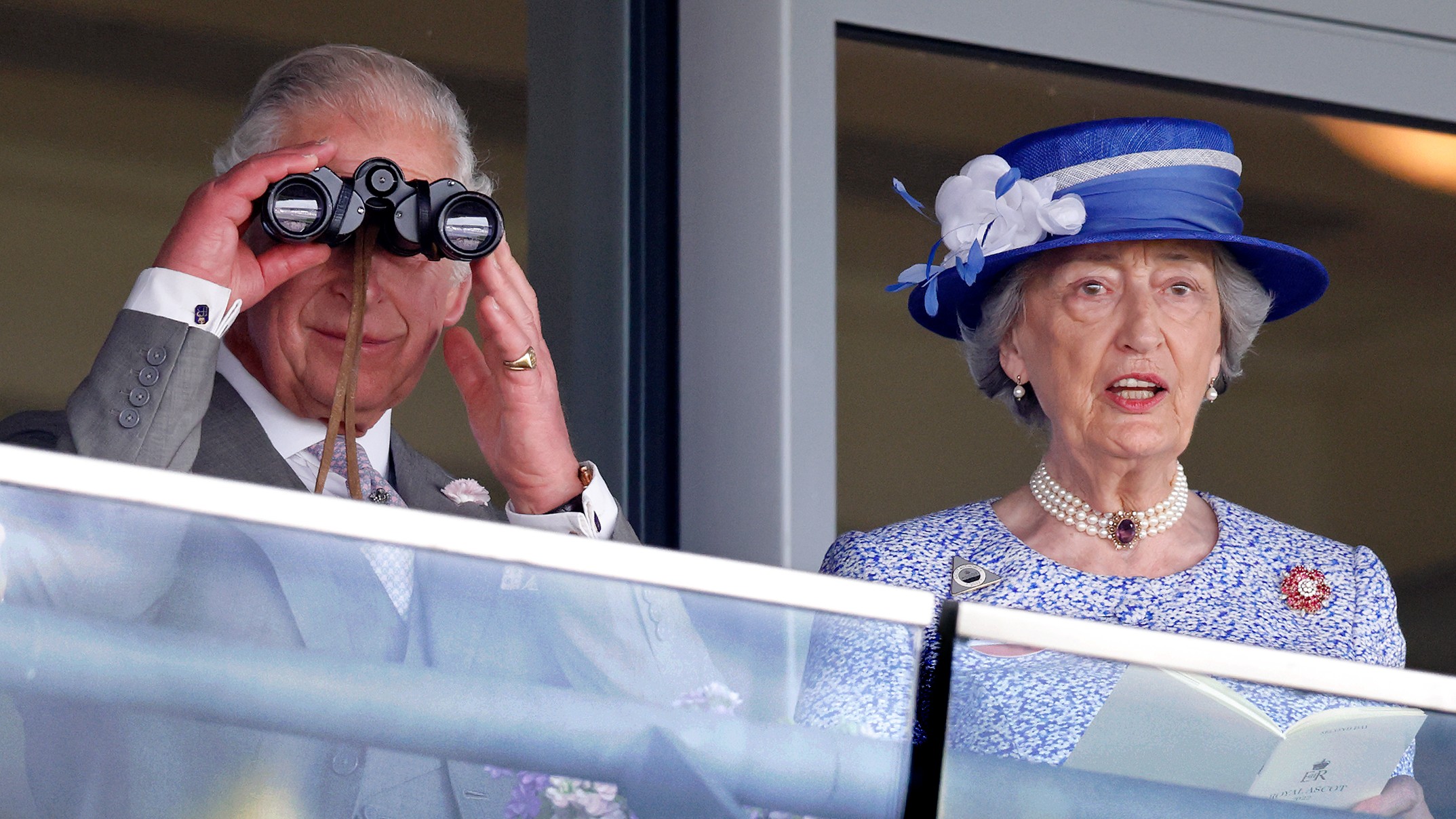 Lady-in-waiting Susan Hussey resigns over racist ‘abuse’ row
Lady-in-waiting Susan Hussey resigns over racist ‘abuse’ rowSpeed Read Palace aide repeatedly asked where black charity boss was ‘really’ from during royal reception